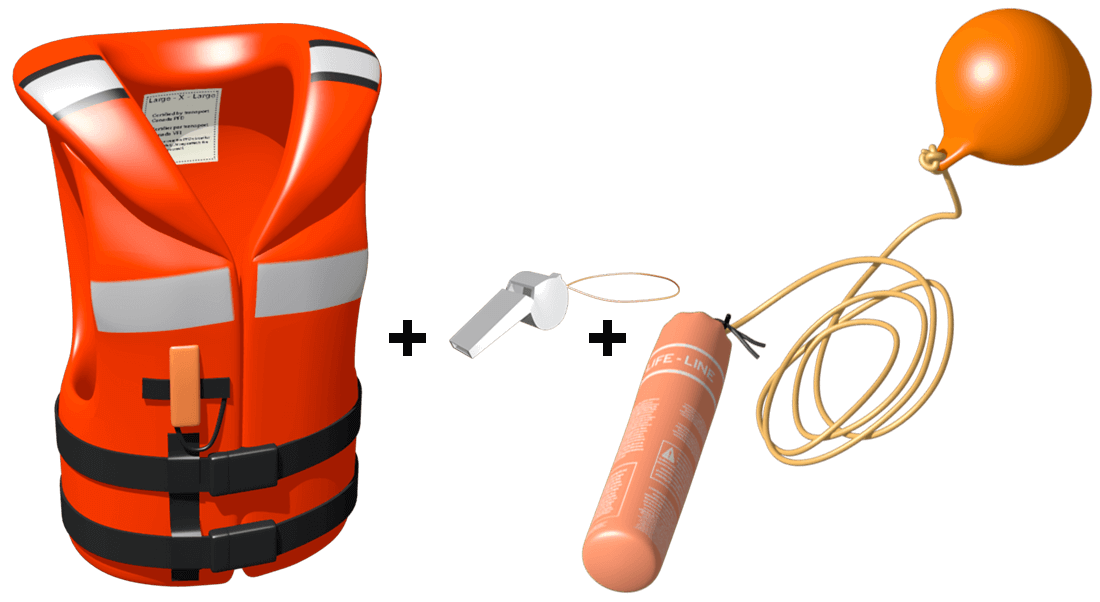Ontario Boating Laws & Regulations
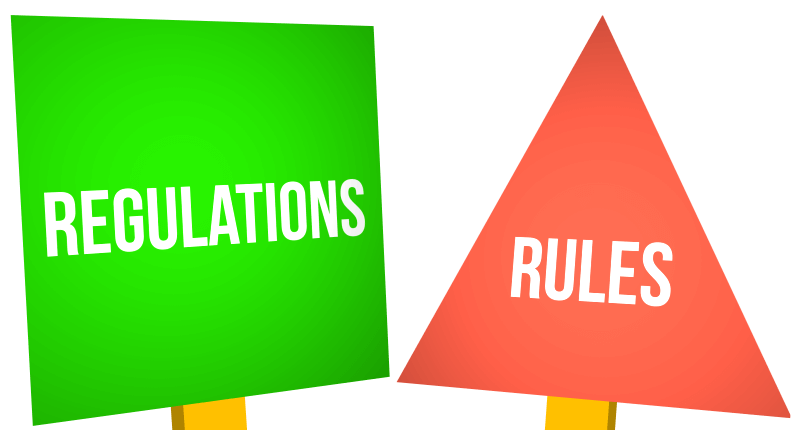
Do you need a boat license to drive a boat in Ontario?
In Ontario, it is mandatory for all operators of motorized boats to possess a Pleasure Craft Operator Card. Referred to as a boating license, this PCOC is a requirement for individuals of all ages, boat sizes, and engine types, including electric trolling motors.
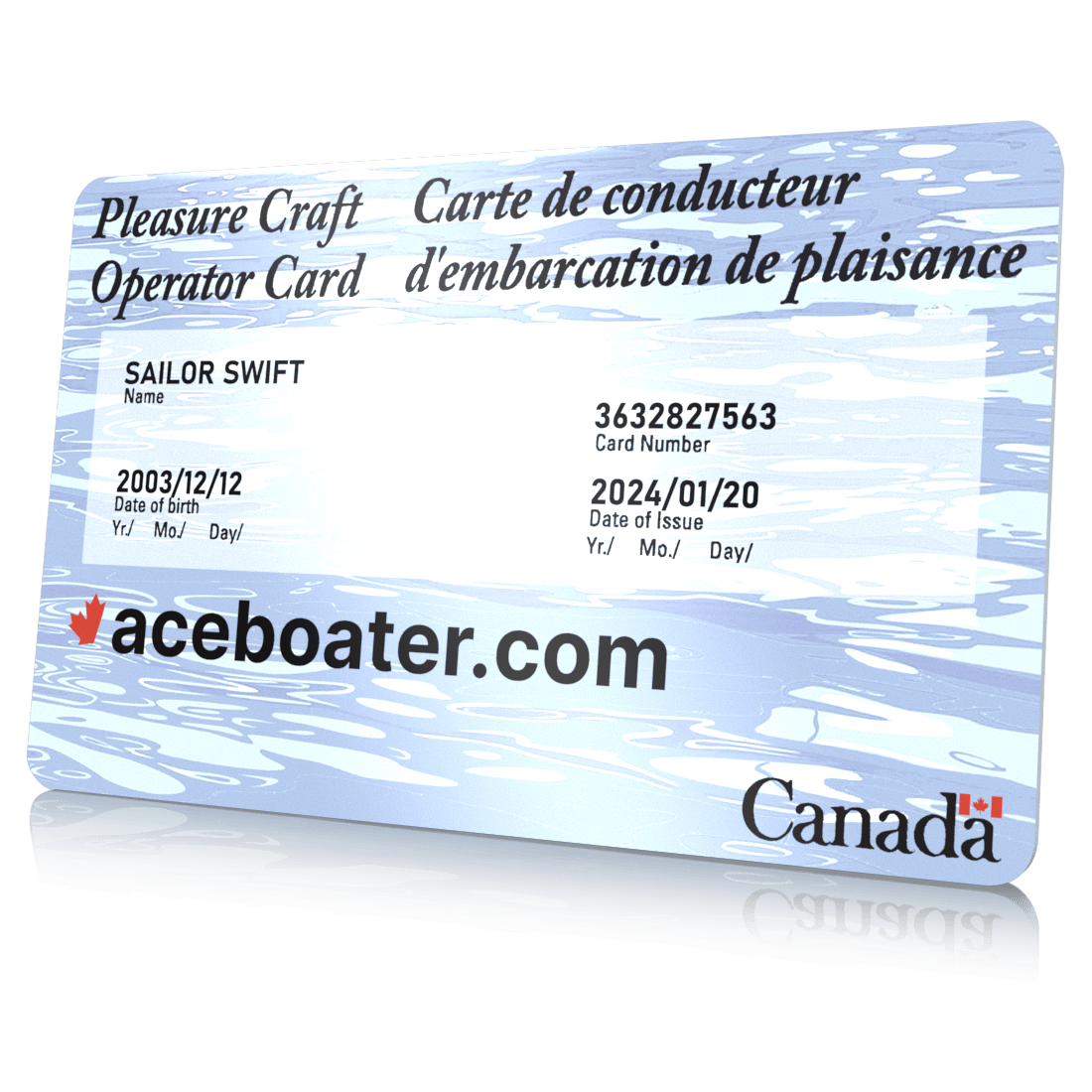
Can I operate a boat without a boating license in Ontario?
There is no grandfather clause or age exemption – this law applies to all boaters.
What are the age and horsepower restrictions in Ontario?
Youth under 16 years of age may not operate boats with motors over certain horsepower limits unless someone 16 years of age or older is in the boat and directly supervising them. Youth under 16 years of age may not operate a personal watercraft (PWC) under any circumstances.
Children under the age of 12, who are not under the direct supervision of a person aged 16 or older, are only permitted to operate a pleasure craft that is powered by a motor with a maximum horsepower of 10.
Similarly, individuals aged 12 to 15, who are not under the direct supervision of a person aged 16 or older, can only operate a pleasure craft propelled by a motor with a maximum horsepower of 40.

What are the Criminal offenses associated with operating a boat in Ontario?
Operators must recognize that certain behaviors constitute criminal offences that are punishable (could lead to fines or possible imprisonment). The following offences are also in violation of the Criminal Code of Canada (Contraventions Act):
Is proof of competency required in Ontario?
In Ontario, it is mandatory for anyone operating a pleasure craft to have proof of competency on board. This applies to all types of pleasure crafts with motors, including electric motors, that are used for recreational purposes. Failing to carry your Pleasure Craft Operator Card (PCOC) when required can result in a fine. Fortunately, there are various documents that can serve as proof of competency.
One option is to obtain a Pleasure Craft Operator Card by successfully completing a boating safety course approved by the Department of Transport. Another option is to possess a certificate from the List of Certificates approved by the Department of Transport. Lastly, if you are renting a boat, a completed safety checklist will suffice as proof of competency, but only for the duration of the rental.
Is there reciprocity for the Ontario boating license throughout North America?
The Ontario boating license is recognized and accepted by all provinces, territories, and states with mandatory boater education requirements. Similarly, Ontario acknowledges the competency of boating education cards issued by states that meet NASBLA requirements. This mutual recognition is referred to as "reciprocity."
What are the speed regulations for boating in Ontario?
Every vessel shall at all times proceed at a safe speed so that you can take proper and appropriate action to avoid collision, and be able to stop in a safe distance, and appropriate to the prevailing circumstances and conditions.
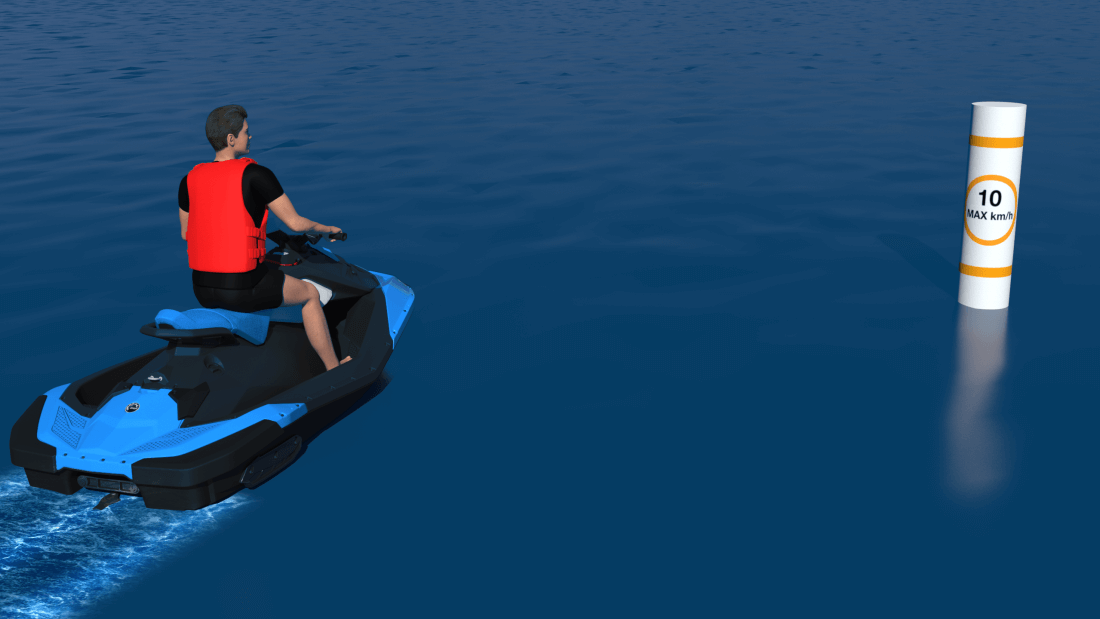
Do I need to register my boat in Ontario?
You can either “license” or “register” your pleasure craft. A “licensed” pleasure craft is different from a “registered” pleasure craft.
Although there are costs involved, registration gives you some important benefits, which include a proof of ownership (legal title) for your boat, the right to fly the Canadian flag, a unique name, and official number for your boat, as well as the right to use your boat as security for a marine mortgage.
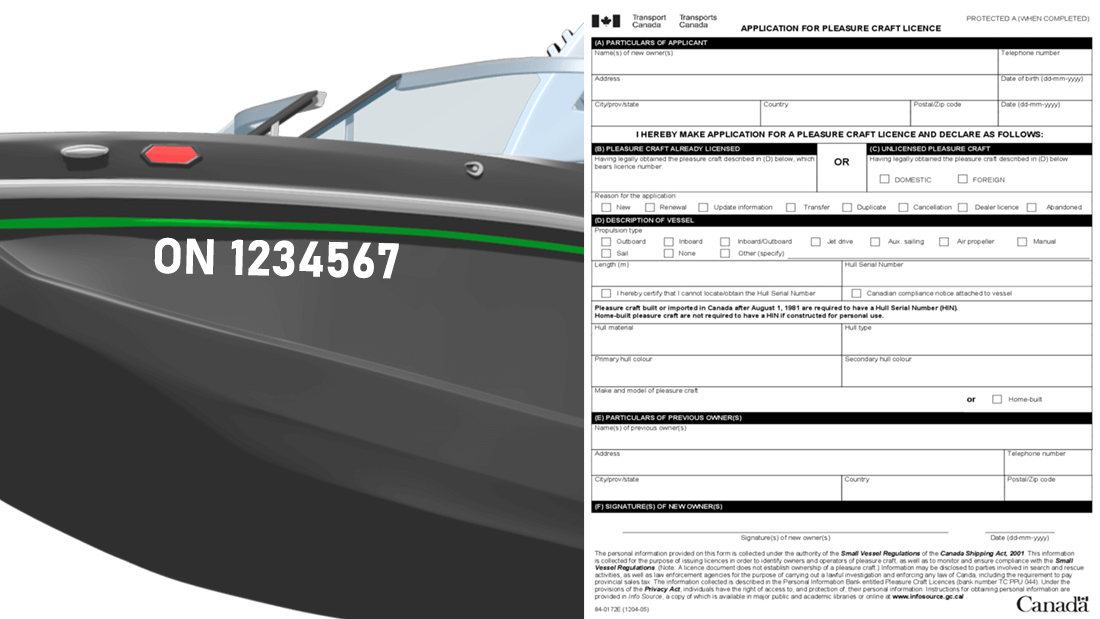
What safety equipment is required for boats in Ontario?
Safety equipment that each type of boat must carry on board to comply with Transport Canada regulations regarding boating safety equipments.
